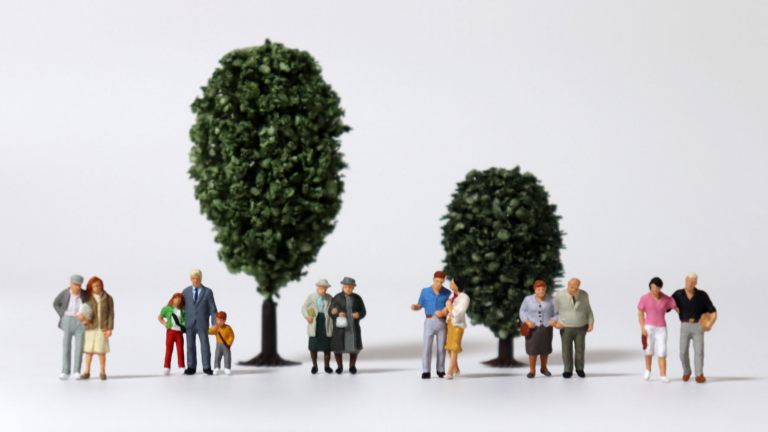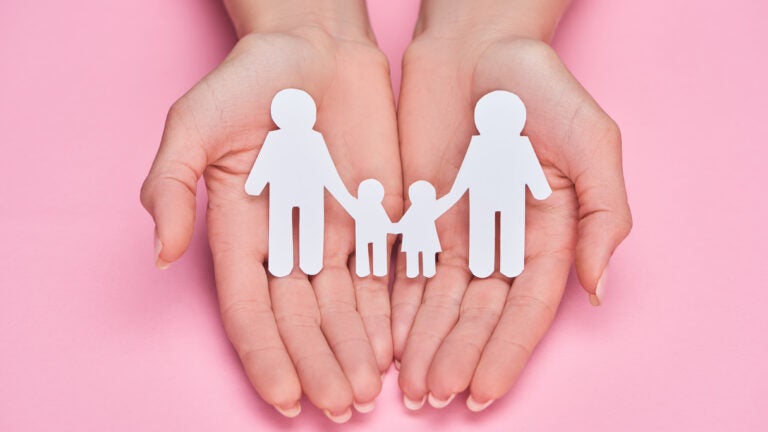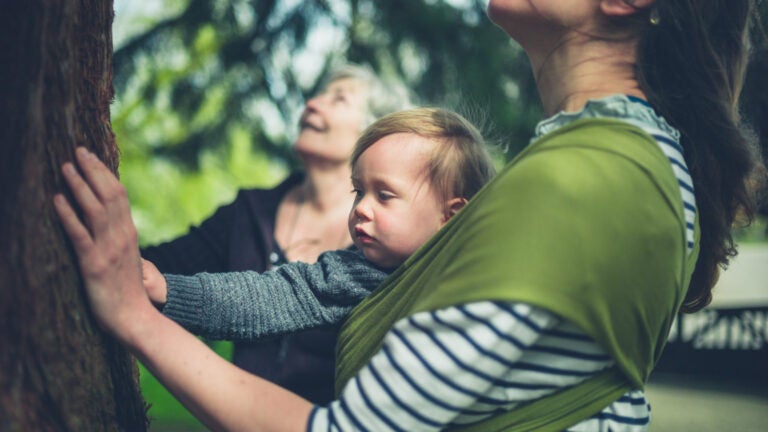Welcome to USC CCF!
We are an interdisciplinary group of USC faculty and students who study family systems, close relationships, and mental and physical health across the lifespan. We have members at USC main campus, USC Keck, and Children’s Hospital Los Angeles. Founded in 2020, we have grown to include over 40 faculty members and over 30 students, staff and trainees. Collectively our centers spans across 19 disciplines.
Why we matter:
Our Team
Meet our core team and committees!
Darby Saxbe
Founder and Director
dsaxbe@usc.edu
Darby Saxbe, Associate Professor of Psychology, is the founder and director of the USC Center for the Changing Family. She works to bridge different disciplines and members of USC and CHLA studying the same topics from different lenses to provide new insights to family research and beyond. She studies how close family relationships get under the skin to affect stress and health. Her current work focuses on the transition to parenthood and follows couples from pregnancy into the first year postpartum. A related study examines the “fathering brain,” using neuroimaging to scan fathers both prenatally and again postpartum. She has studied the transformative impact of new parenthood on the brain, body, and mind, as well as the enduring legacy of early family environments on child well-being. Dr. Saxbe has also examined physiological synchrony within families and has published multiple studies that find hormonal linkage within couples and parent-child dyads.
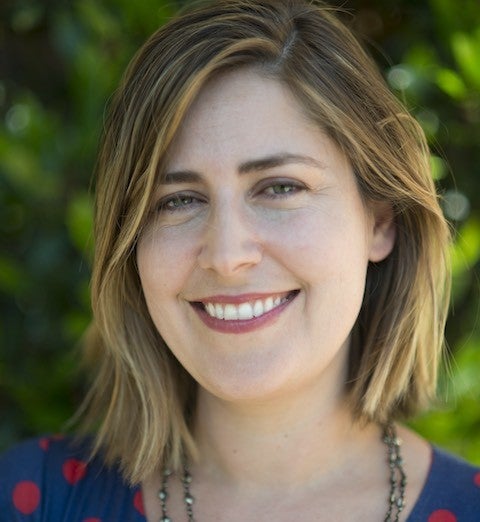
Melissa Reyes
Administrative Coordinator
reyesmel@usc.edu
Melissa Reyes is currently as well as the lab manager for the NeuroEndocrinology of Social Ties Lab (NEST Lab). In this role, she coordinates the behind the scenes efforts needed to host our center’s events and handles the communications efforts for our center. She received her M.S. in Communication Data Science from USC in 2023 and her B.A. from UC Berkeley in 2017 in Cognitive Science and Art Practice. She is interested in the intersection between data science and social justice work as well as making data science and research accessible to the larger community outside of academia.
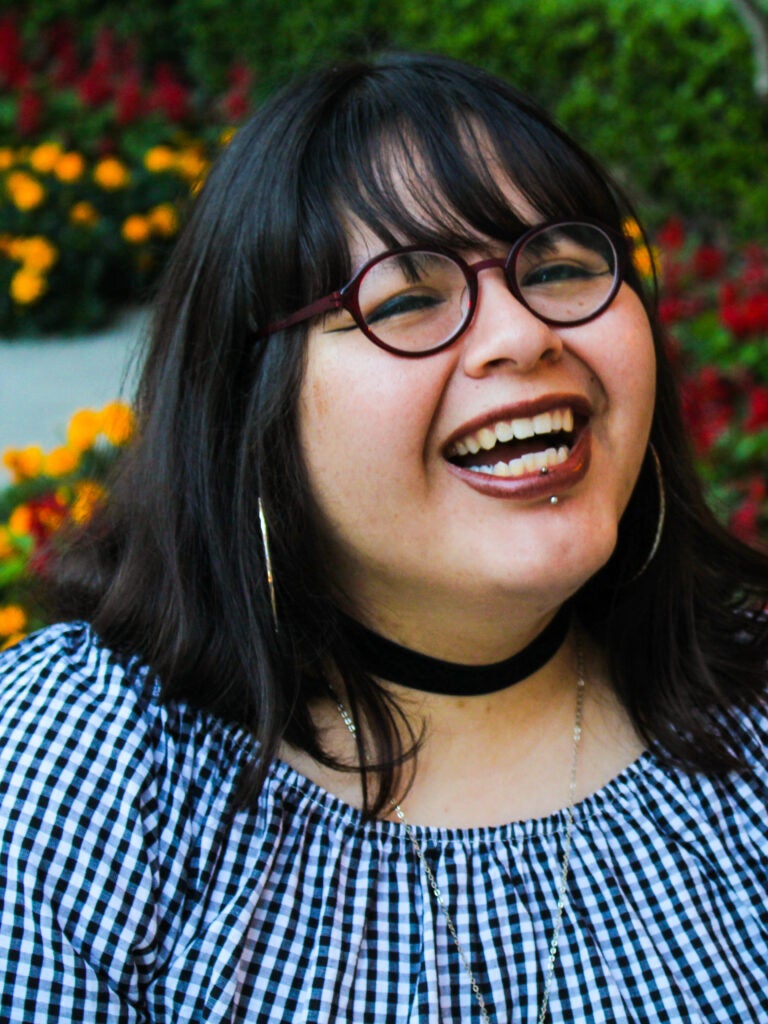
Beth Smith
Research Committee
bsmith@usc.edu
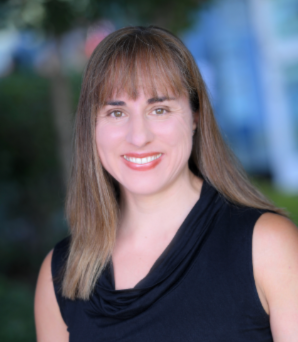
Brigid Cotter
PhD Programming Committee
Research Committee
brigidco@usc.edu
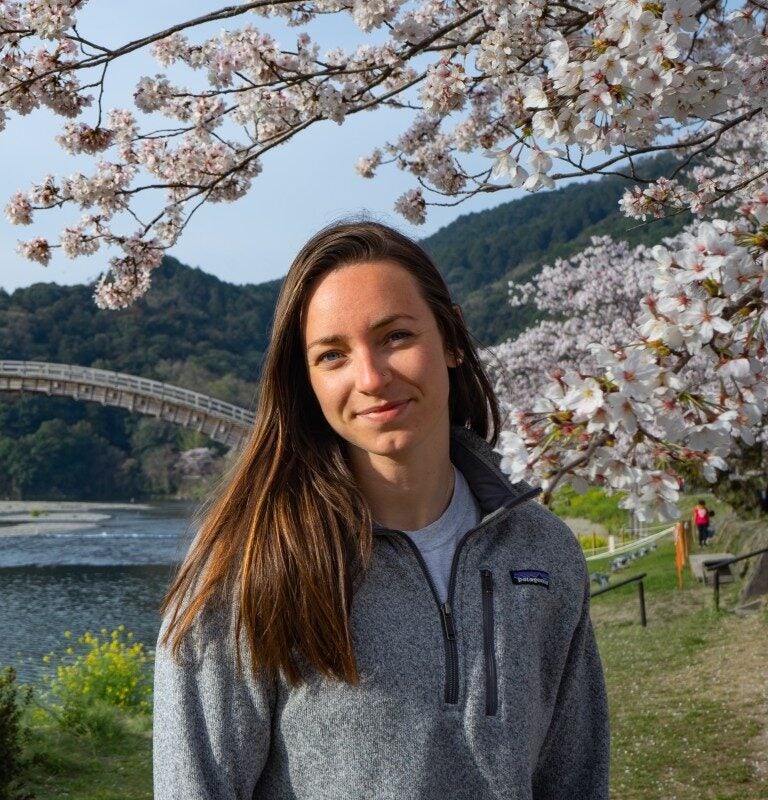
Yingyi Lin
Public Outreach Committee
yingyili@usc.edu
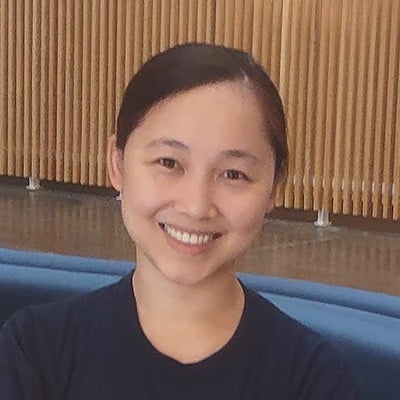
Jasmine Liu
Social Media Assistant
Jasmine is an undergraduate senior double-majoring in Psychology and Business Administration. She is interested in studying the connections between close relationships and associations with mental health. She is also greatly interested in speech and language’s intersection with mental health, particularly with special education students. After graduating this upcoming year, Jasmine hopes to pursue a graduate degree as well.
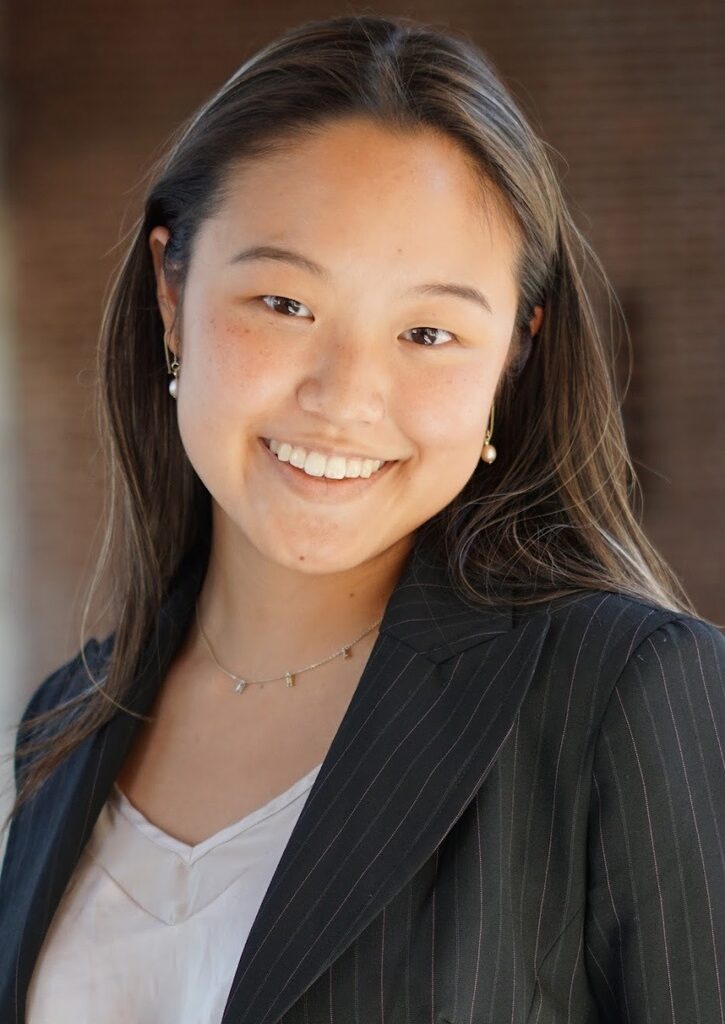
Partner with us!
Are you interested in partnering with us? Would you like to fund our center’s research? If so or if you would like more information, please reach out to us at ccfam@usc.edu
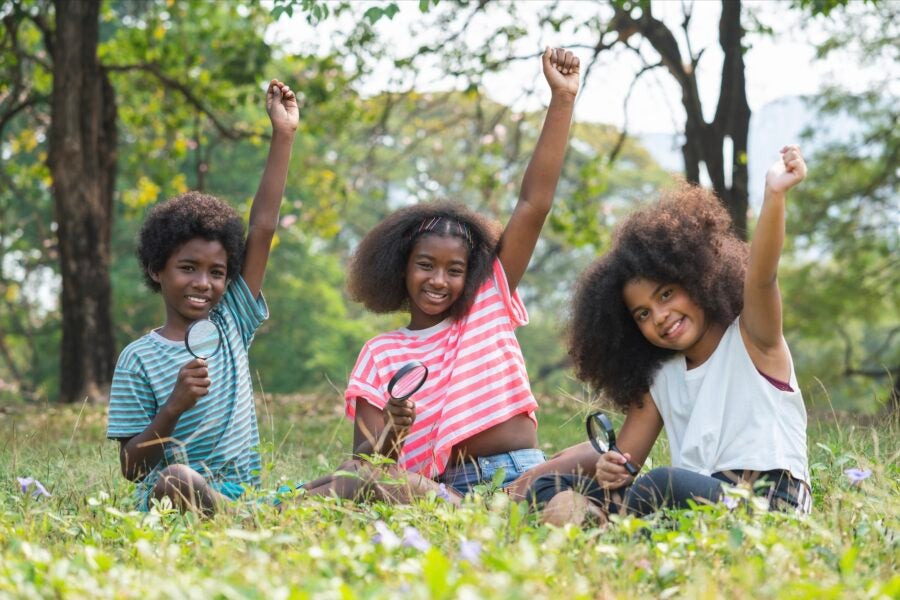
Stay connected!
Sign up for our monthly newsletter and blog! Have an event you’d like to promote with our Center and members? Feel free to email us at ccfam@usc.edu.

